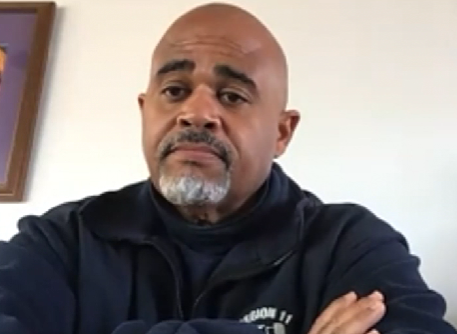One of New York’s largest public unions is pushing for more remote work flexibility in an effort to retain public employees as the state expects to face a worker shortage in the next five years.
According to state data, New York will face a shortage of up to 12,500 workers as a large cohort of state employees become retirement-eligible over the next five years.
Union leaders – including Public Employees Federation (PEF) President Wayne Spence – blamed various reasons for New York’s worker shortage, such as low pay or wages, inflexible remote work options, and inadequate ways to promote employees. Spence said middle management created a “toxic” culture within state agencies, which did not allow for much flexibility for the agencies or its workers.
Spence called for New York to do more on remote work flexibility and go beyond what was proposed in Gov. Kathy Hochul’s budget for the Empire State. Hochul’s budget would not only consider more flexibility for public employees to work remotely, but it allocated over $18 million to address worker shortage issues. Yet it was not enough for Spence, who has been pushing for public employees to remain as remote workers on a long-term basis and has clashed with state lawmakers over the remote work issue during the past year.
The union president asserted that New York public employees are leaving New York for other states that offer more remote work flexibility and have a lower cost-of-living. Neither PEF nor Spence outlined specifics about flexible remote work and which incentives could lead to higher retention rates of employees.
Spence said public employees need more investment after being “decimated and starved” by previous state budgets. “This is the result of a decade of disinvestment and privatization by New York state,” Spence claimed, “But for all those years, it has fallen on deaf ears. We’re hoping that there’s going to be a change in order to reverse this trend.”
But PEF’s assertions are a stark contrast to another union’s take on remote work. The Professional Engineers in California Government (PECG) said remote work led to declining union membership from 2021-2022 because remote work makes it “very difficult to make that connection” between union membership and potential recruits. PECG acknowledged that public employees are leaving for “better employment,” which echoed PEF’s concerns.
